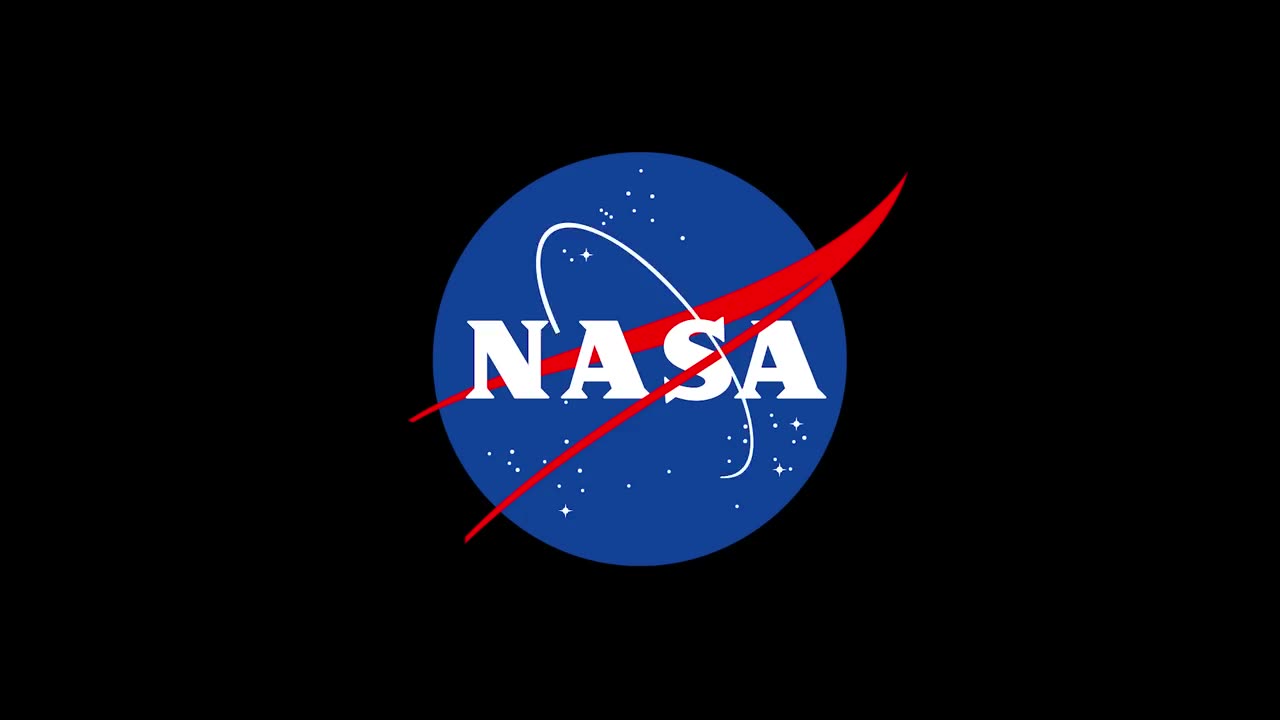Premium Only Content

New Supercomputer Simulation Sheds Light on Moon’s Origin
@nasa latest video shows us how super computers workout to bring the best
information possible from space where its all black.
A groundbreaking advancement in the understanding of the Moon's origin has been achieved through a state-of-the-art supercomputer simulation, offering new insights into the celestial body's formation. This cutting-edge research has unveiled a deeper understanding of the processes that played a pivotal role in shaping the Moon as we know it today.
The simulation, conducted utilizing the immense computational power of a supercomputer, has provided scientists with a virtual window into the past, allowing them to recreate the intricate dynamics and events that contributed to the Moon's formation billions of years ago. By meticulously modeling various scenarios and interactions between the Earth and a hypothetical Mars-sized celestial object, researchers have been able to unlock crucial information about the Moon's birth.
The findings from this simulation shed light on key aspects of lunar creation, addressing long-standing mysteries and hypotheses. From the impact's initial collision and the subsequent ejection of debris, to the gradual accretion of this material to form the Moon, every step of this complex process has been unraveled in unprecedented detail.
The knowledge gained from this simulation not only enriches our comprehension of the Moon's formation but also has broader implications for understanding the early history of our solar system. It provides a stepping stone for further scientific exploration, enabling researchers to refine existing theories and develop new insights into the processes that have shaped celestial bodies throughout the cosmos.
Ultimately, this supercomputer simulation stands as a testament to human ingenuity and technological prowess, showcasing the incredible capabilities of modern scientific inquiry. With its revelations about the Moon's origin, this breakthrough opens doors to new horizons of discovery, fueling our collective curiosity about the universe's remarkable past and inspiring future generations of scientists to push the boundaries of knowledge even further.
-
 LIVE
LIVE
Lofi Girl
2 years agoSynthwave Radio 🌌 - beats to chill/game to
474 watching -
 LIVE
LIVE
The Official Steve Harvey
12 days ago $4.96 earned24 HOURS OF MOTIVATION w/ STEVE HARVEY
687 watching -
 25:56
25:56
DeVory Darkins
19 hours ago $0.38 earnedTrump drops ULTIMATE BOMB on Democrat Mayors as ICE makes SHOCKING Announcement
24.4K131 -

TonYGaMinG
4 hours ago🟢 ABI WITH FRIENDS | 🍩JOE DONUTS | 😶 🌫 VLADSGAMINGCARTEL |
11.8K4 -
 21:24
21:24
marcushouse
10 hours ago $0.06 earnedStarship Flight 10: Go or No? 🚀
14.3K11 -
 LIVE
LIVE
MrR4ger
15 hours agoSUNDAY FUNDAY w/ R4GER - VARIETY / DIABLO 4/ FOR HONOR / ETC?
94 watching -
 5:40
5:40
WhaddoYouMeme
3 days ago $0.19 earnedThey’re Calling This the End of Masculinity
18K16 -
 15:24
15:24
Tactical Advisor
19 hours agoBest 2011 of 2025 | Bul Armory Ultralight Pro
21.8K1 -
 27:31
27:31
True Crime | Unsolved Cases | Mysterious Stories
2 days ago $0.11 earnedThe Hong Kong Schoolgirl Mystery – 5 Mysterious Unsolved Cases (Part 8)
17.1K2 -
 7:19
7:19
China Uncensored
1 day agoChina is DONE in the South China Sea
14.4K32